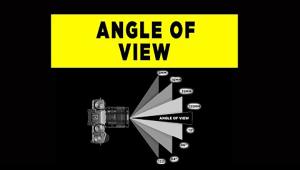Legal Eagle
A Tax Primer For The Photographer
| Besides dropping a lens and
leaky batteries, few other things scare a photographer more than preparing
for April 15th. Without question, taxes are a necessary part of good
government. We all want good roads, schools, and police. Unfortunately,
each year the tax code gets a little more complicated, and thus filing
accurate tax returns gets more difficult. Oftentimes, these errors result
in the taxpayer paying too much. Disclaimer References And Web Sites · What the IRS Doesn't Want You to Know, by Martin Kaplan, CPA and Naomi Weiss. This book is a must read for any small business owner. It will give you new insight into your taxes, and could save you hundreds off your tax bill. · J.K. Lasser's Your Income Tax, by J.K Lasser Institute. A good general guide to taxes. This book covers almost every conceivable situation. · www.irs.gov One of the greatest accomplishments of the IRS. This site contains not only valuable tax information, but also has almost all the forms needed to file any type of tax return. · 1-800-Tax-1040 is the telephone number to the IRS's help desk. All of the agents are extremely professional and helpful. It is an invaluable resource to anyone filing taxes. One word of caution, toward April 15th expect busy signals and long wait times. Also, be sure to write down the name and number of the agent you talk to. |

































